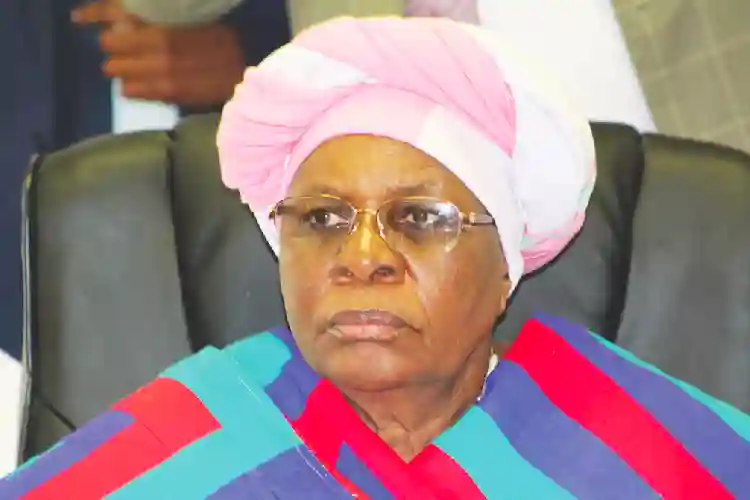Namibia’s Vice President Netumbo Nandi-Ndaitwah could become the country’s first female president if she wins the presidential election on Wednesday, November 27.
At least 1.4 million people, or about half of the population, have registered to vote in the elections, with 15 political parties running for president and seats in the National Assembly.
Results from special early polls held for Namibia’s foreign missions, seamen and security services announced by the Electoral Commission of Namibia this month indicate that Nandi-Ndaitwah and her party, the South West Africa People’s Organisation (SWAPO), are in the lead.
SWAPO has governed Namibia since its independence from South Africa’s apartheid minority government in 1990.
In 2019, SWAPO lost its two-thirds majority in the National Assembly for the first time since 1994, largely due to allegations of corruption and money laundering in the Namibian fishing industry.
Political analyst Henning Melber believes SWAPO and Nandi-Ndaitwah must heed the 2019 election results as a warning.
Nandi-Ndaitwah (71) has promised to create more jobs and tackle the 20% unemployment rate for young people and graduates, pledging to spend approximately 85 billion Namibian dollars ($4.7 billion) over the next five years to create more than 500,000 jobs.
Issues affecting women, including reproductive rights, equal pay, and healthcare, are likely to be significant for voters.
If elected, Nandi-Ndaitwah would follow in the footsteps of Liberia’s Ellen Johnson Sirleaf, Malawi’s Joyce Banda, and Catherine Samba-Panza of the Central African Republic as a female president in Africa.
SWAPO will face competition from the Independent Patriots for Change, led by former dentist Panduleni Itula, and university professor Job Amupanda’s Affirmative Repositioning party.
Political parties contesting the elections wrapped up their campaigns with final rallies this weekend.
Elections in southern Africa this year have delivered ground-breaking changes to the region’s political landscape.
In South Africa, the ANC lost its 30-year parliamentary majority, while Botswana’s Democratic Party was unseated after 58 years in power.
Disputed election results in Mozambique, which saw the ruling FRELIMO party declared the winner, have led to ongoing protests that have seen at least 30 people killed.
More: Pindula News

